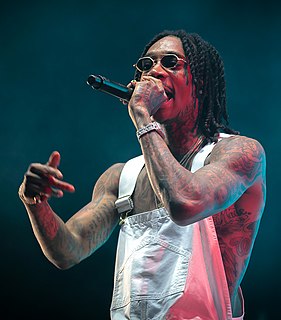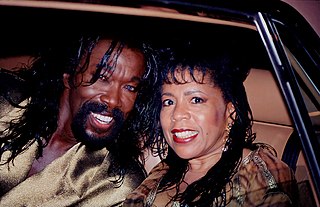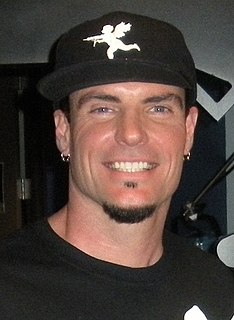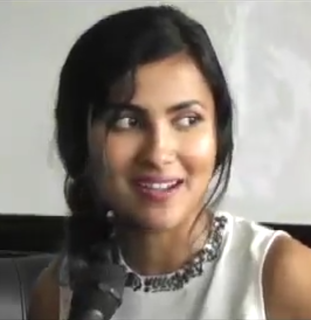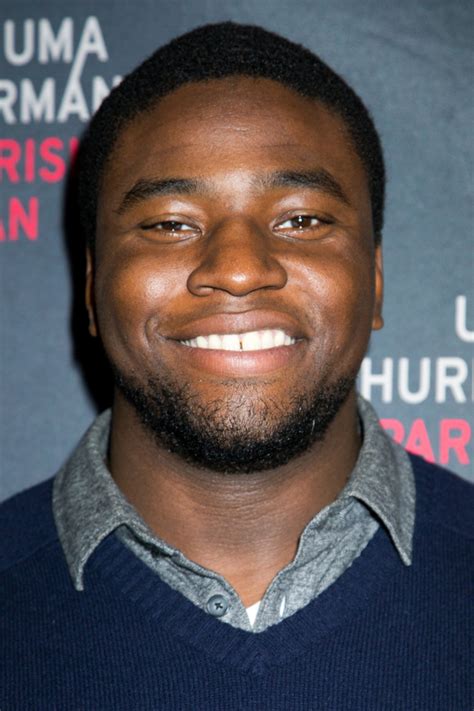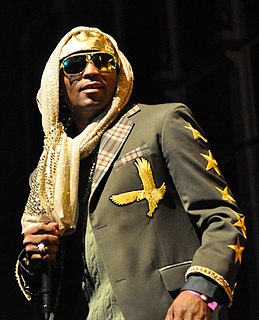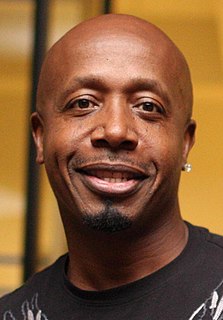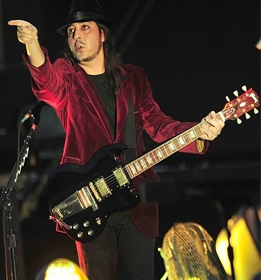A Quote by Lauryn Hill
With The Fugees initially, and even with 'Miseducation', it was very hip-hop - always a singing over beats. I don't think people have really heard me sing out. So if I do record again, perhaps it will have an expanded context. Where people can hear a bit more.
Related Quotes
I'm trying to open up my range and really sing more. With The Fugees initially, and even with 'Miseducation,' it was very hip-hop - always a singing over beats. I don't think people have really heard me sing out. So if I do record again, perhaps it will have an expanded context. Where people can hear a bit more.
Even though hip-hop started as a battle format, different artists appeared on each other's records or hung out in the same clubs, supporting each other. That was a profound influence. Also, hip-hop, to me, represents limitless possibility. Hip-hop is always evolving. People say, "Oh, it's a very commercial thing, it's too R&B." But in six months, a record is gonna come out that will completely change that.
I think I can see people wanting to hear more music-music now as opposed to all hip-hop. You know, which I have nothing against hip-hop. I think some of it is really good. But on the other hand, some of the real great artists are just being lost because they're not getting the airplay or anything to make them inspired to record again.
In this time, we incorporate money and media, and it's split up like apartheid, where when you say "hip-hop," you think just rap records. People might have forgot about all the other elements in hip-hop. Now we're back out there again, trying to get people back to the fifth element, the knowledge. To know to respect the whole culture, especially to you radio stations that claim to be hip-hop and you're not, because if you was a hip-hop radio station, why do you just play one aspect of hip-hop and rap, which is gangsta rap?
Socially, hip-hop has done more for racial camaraderie in this country than any one thing. 'Cause guys like me, my kids - everyone under 45 either grew up loving hip-hop or hating hip-hop, but everyone under 45 grew up very aware of hip-hop. So when you're a white kid and you're listening to this music and you're being exposed to it every day on MTV, black people become less frightening. This is just a reality. What hip-hop has done bringing people together is enormous.
Well, we have to realize the truth about the person who is a hip-hop insider. Most of these people are not really insiders. They are people who are chosen to do an interview and they will make a statement and say that they are a part of the hip-hop culture, but from an intellectual standpoint, they are not very sharp, because back in '1990..'91 one would criticize somebody for doing one type of commercial and say that's not real hip-hop and then another rapper turns around and sell them malt liquor and say that's real hip hop.
A lot of MTV's programming is hip-hop based, and the messages are usually all about bling bling. A lot of hip-hop artists sing about stuff that's more important, but they seldom get heard. The ones who get heard are the ones saying, 'Think about yourself. Make your money. It's all you. Everybody have a good time and party.'
I think one of the reasons I've had success in hip-hop is that I can bring out vulnerability in people who are generally seen as tough guys. To me, when a hip-hop musician always plays tough, I find it annoying because I know they're not really like that - there's something deeper and vulnerable. There has to be, because they're human beings.


